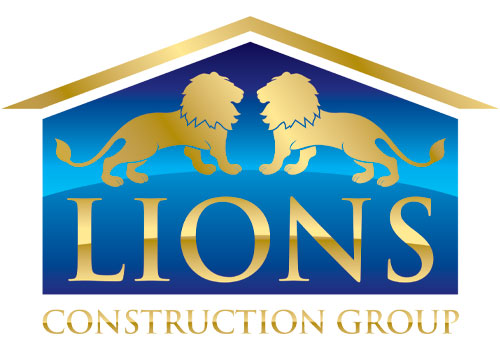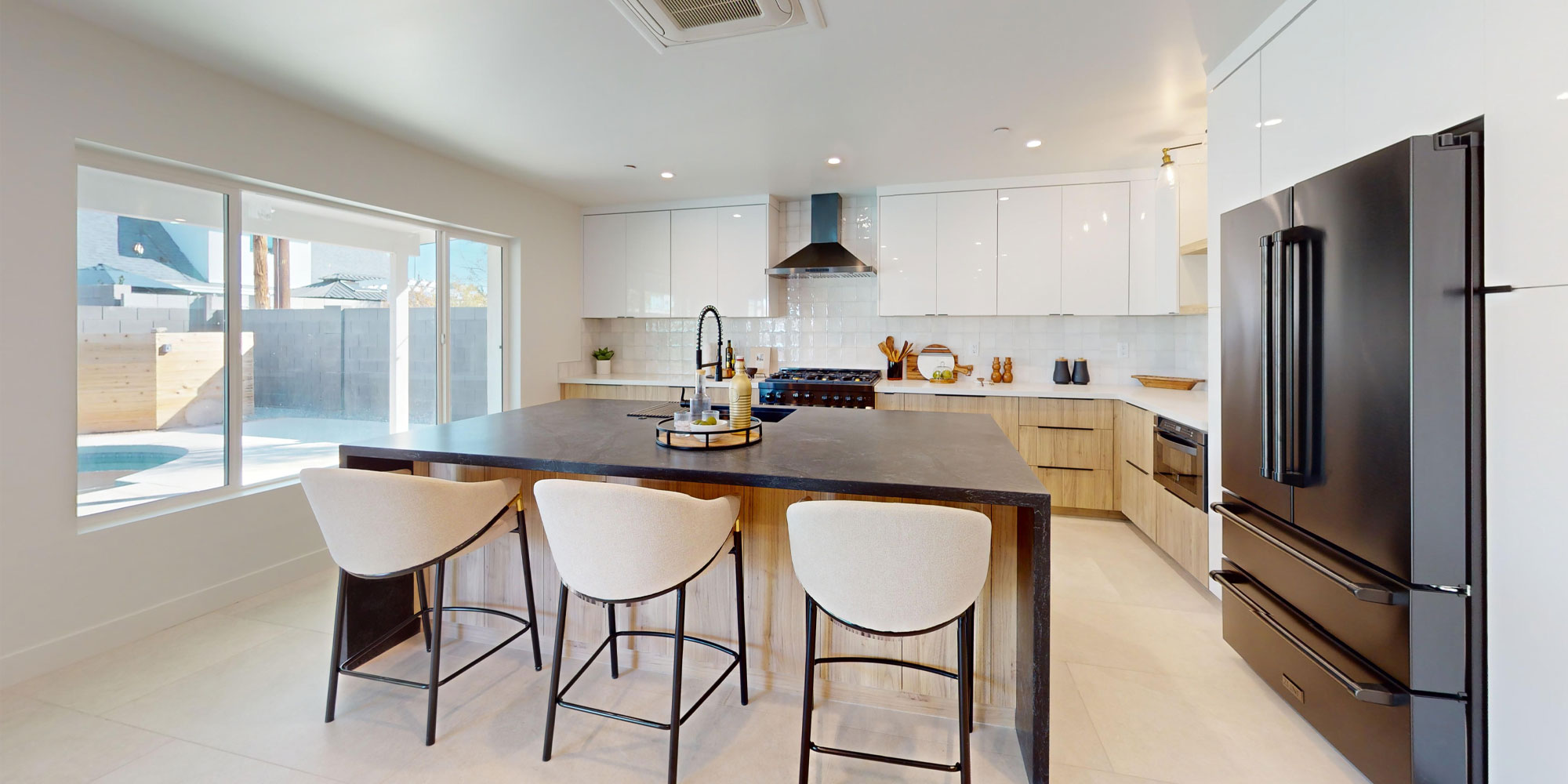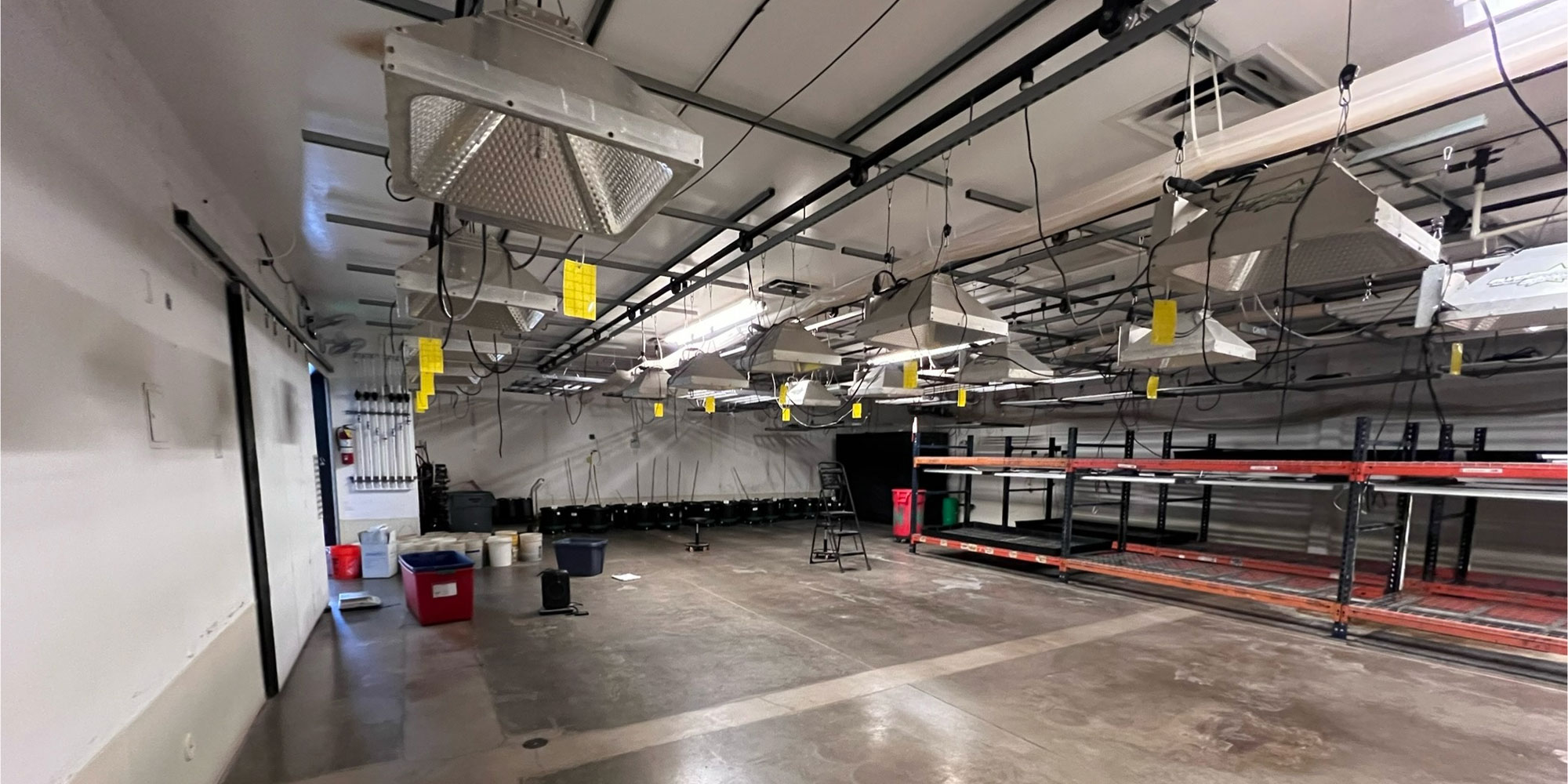Frequently Asked Questions
How does solid construction group price residential vs commercial construction services?
Lions Construction Group LLC prices residential and commercial construction services based on project scope, materials, and labor requirements. Residential projects typically focus on individual client needs, while commercial projects consider larger-scale regulations and specifications.
What are the key differences between residential and commercial construction contracts?
The key differences between residential and commercial construction contracts are primarily in their scope, complexity, and legal requirements. Residential contracts focus on individual homes, while commercial contracts involve larger projects with stricter regulations and often require more detailed specifications and compliance measures.
How do building codes differ for residential versus commercial construction projects?
Building codes differ significantly for residential and commercial construction projects. Residential codes focus on safety and livability for individual homes, while commercial codes emphasize public safety, accessibility, and structural integrity for larger buildings and facilities.
What sets apart residential concrete slab construction from commercial slab construction methods?
The differences between residential and commercial concrete slab construction methods primarily lie in scale, load requirements, and design specifications. Residential slabs are typically smaller and designed for lighter loads, while commercial slabs must accommodate heavier structures and more complex engineering standards.
What are the key differences between residential and commercial construction services?
The key differences between residential and commercial construction services lie in their scope, design complexity, and regulatory requirements. Residential projects focus on individual homes, while commercial projects involve larger structures for business use, requiring different materials and codes.
What is the main difference between residential and commercial construction?
The main difference between residential and commercial construction lies in their purpose and scale. Residential construction focuses on building homes for individuals or families, while commercial construction involves larger structures designed for business use, such as offices, retail spaces, and warehouses.
What are the key differences between residential and commercial construction processes?
The key differences between residential and commercial construction processes are primarily related to scale, complexity, and regulations. Residential projects focus on individual homes and typically involve simpler designs, while commercial construction encompasses larger buildings with more intricate requirements and stricter compliance standards.
What construction services does mk construction offer for residential and commercial clients?
MK Construction offers a comprehensive range of construction services for both residential and commercial clients, including new builds, renovations, and project management, ensuring quality and satisfaction in every project.
How does the pricing for residential construction differ from commercial construction projects?
The pricing for residential construction differs from commercial construction projects primarily due to scale, complexity, and regulatory requirements. Residential projects tend to have lower costs and simpler designs, while commercial projects often involve larger budgets and more intricate specifications.
What factors should I consider when comparing residential versus commercial construction projects?
When comparing residential versus commercial construction projects, consider factors such as project scale, budget, regulatory requirements, design complexity, and intended use. Each type has distinct challenges and considerations that can significantly impact the overall process and outcome.
What are common challenges in residential construction?
Common challenges in residential construction include budget overruns, delays due to weather or supply chain issues, and ensuring compliance with local building codes. Effective communication and project management are crucial to overcoming these obstacles.
How to choose materials for commercial projects?
Choosing materials for commercial projects involves assessing durability, cost-effectiveness, aesthetic appeal, and compliance with local regulations. Prioritize materials that align with the project’s purpose and long-term maintenance needs to ensure lasting quality and performance.
What permits are needed for commercial construction?
The permits needed for commercial construction typically include building permits, zoning permits, and environmental permits, depending on the project's scope and location. It's essential to check with local authorities for specific requirements.
How to estimate costs for residential projects?
Estimating costs for residential projects involves assessing materials, labor, and overhead expenses. Start by detailing project specifications, gathering quotes from suppliers, and consulting with contractors to create a comprehensive budget.
What safety regulations apply to commercial construction?
Safety regulations that apply to commercial construction include OSHA standards, local building codes, and industry-specific guidelines, all aimed at ensuring worker safety and minimizing hazards on construction sites. Compliance is essential for project approval and worker protection.
How to manage timelines in construction projects?
Managing timelines in construction projects involves careful planning, regular progress monitoring, and effective communication among all stakeholders. Utilize project management tools to track milestones and adjust schedules as needed to ensure timely completion.
What are the benefits of hiring a general contractor?
The benefits of hiring a general contractor include streamlined project management, access to skilled labor and resources, adherence to timelines and budgets, and ensuring compliance with local building codes, ultimately leading to a smoother construction process.
How to ensure quality in construction services?
Ensuring quality in construction services involves thorough planning, skilled labor, and regular inspections. Collaborating closely with clients and utilizing high-quality materials also play a crucial role in achieving superior results.
What trends are shaping residential construction today?
The trends shaping residential construction today include a focus on sustainability, smart home technology integration, and the use of modular building techniques, all aimed at enhancing energy efficiency and improving overall living experiences.
How to handle disputes in construction contracts?
Handling disputes in construction contracts involves clear communication, reviewing the contract terms, and seeking resolution through negotiation or mediation before escalating to legal action. Always document all communications and agreements throughout the process.
What are the best practices for project management?
The best practices for project management include clear communication, thorough planning, regular progress monitoring, and fostering collaboration among team members. These strategies ensure projects are completed on time, within budget, and to the satisfaction of all stakeholders.
How to assess contractor qualifications for projects?
Assessing contractor qualifications for projects involves reviewing their experience, licenses, insurance, and references. Additionally, evaluate their portfolio and previous project outcomes to ensure they align with your specific needs and standards.
What technologies are used in modern construction?
The technologies used in modern construction include Building Information Modeling (BIM), drones for site surveying, 3D printing for rapid prototyping, and advanced materials like eco-friendly concrete, enhancing efficiency and sustainability in projects.
How to improve energy efficiency in buildings?
Improving energy efficiency in buildings involves upgrading insulation, utilizing energy-efficient windows, installing programmable thermostats, and incorporating renewable energy sources like solar panels. These measures reduce energy consumption and lower utility costs while enhancing overall comfort.
What are the environmental impacts of construction?
The environmental impacts of construction include habitat destruction, resource depletion, and pollution. Construction activities can lead to soil erosion, increased greenhouse gas emissions, and waste generation, which can significantly affect local ecosystems and contribute to climate change.
How to navigate zoning laws for construction?
Navigating zoning laws for construction involves understanding local regulations, obtaining necessary permits, and consulting with local planning departments. Engaging with professionals familiar with zoning can streamline the process and ensure compliance with all legal requirements.
What financing options are available for construction?
The financing options available for construction include traditional bank loans, home equity lines of credit, construction loans, and specialized financing programs. Each option caters to different project needs and financial situations, ensuring flexibility for homeowners and businesses alike.
How to conduct a site assessment for projects?
Conducting a site assessment for projects involves evaluating the location's physical characteristics, zoning regulations, and environmental factors. This process ensures that the site meets project requirements and identifies potential challenges before construction begins.
What are the key phases of construction projects?
The key phases of construction projects include initiation, planning, execution, monitoring, and closure. Each phase is crucial for ensuring the project is completed on time, within budget, and meets quality standards.
How to maintain communication with clients during projects?
Maintaining communication with clients during projects is essential. Regular updates through scheduled meetings, progress reports, and open channels for feedback ensure transparency and foster collaboration, allowing clients to stay informed and engaged throughout the construction process.












